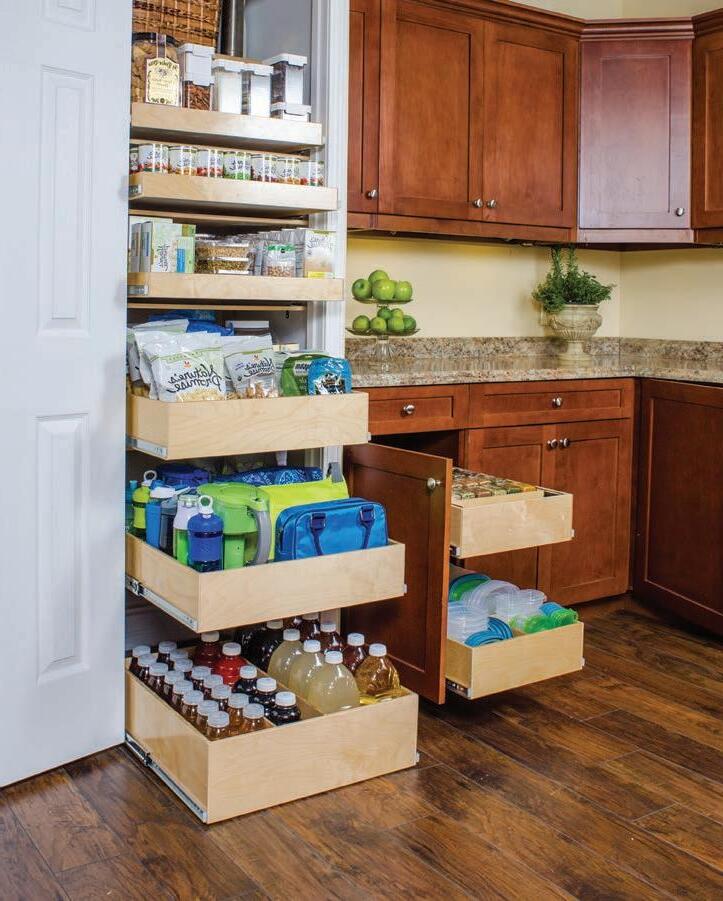
2 minute read
SNOWSKATES
Sixberry said. “ at kind of started because every time we rode past the ski school the whole class is looking. Now they can tell their students that I have ridden them and they are
“You know, when you start putting something into a calculation, you now have taken some of the human aspects…or the subjectivity out of there.”
Sen. Chris Hansen, D-Denver, introduced the secret bill ranking survey to the Capitol in 2019 as a way to help Democrats decide how to spend a limited budget. He told KUNC last year that bills that rank higher tend to get scheduled for votes earlier in the session.
“And the earlier something gets moved, the better chance it has of success,” he said. “If it gets held up or delayed, there’s always more risk.”
Some lawmakers have downplayed the in uence of the secret survey, saying it doesn’t determine what legislation lives or dies.
A KUNC analysis of the outcome of the bills included in the secret survey shows a pattern.
Bills with higher price tags that ranked at the bottom of the survey typically had funding removed, were voted down or left to die without a public vote more often than the bills pretty cool. All we are trying to do is put the pieces of the circle together and make a bigger circle.”
Ultimately, Sixberry’s dream is to make snowskates the next common mode of transportation down the mountain, with Aloud being the go-to brand. Snowskates are currently allowed at several ski resorts in and near Summit County, but are that ranked at the top of the survey.

Rep. Lynch says the Democrats’ survey process raises questions and could help explain why his push to buy wild re cameras suddenly died this year without a public vote.
“Especially a bill that (passed) unanimous out of the Senate,” he said. “ at kind of raises an eyebrow going, ‘wait a minute, where was the pushback on this?’”
Lawmakers did pass several other wild re-related bills this year, including a new military-grade re ghting helicopter and investments in ame-resistant building materials.
Rep. Junie Joseph, D-Boulder, co-sponsored the failed camera bill with Lynch.
She said it was unique because it was one of the only policies focused on preventing res from getting out of control.
“We know, for instance, the Marshall Fire actually spread pretty quickly,” she said. “Imagine if we had more of (the cameras)...Could we have gotten gotten to it quick, not allowed at every ski resort in the country. Sixberry hopes to change that in the next few years.
“We are reliving it, ” Sixberry said, comparing their work with snowskates to the historic e orts to legitimize snowboarding on the slopes.
“And it is really exciting to me. We are just a bunch of homies trying to pull it o .” much (more) quickly.” e wild re detection camera program would have cost $2 million, while the new re ghting helicopter lawmakers ordered will cost $26 million. e state forester’s o ce estimated in 2019 that 2.9 million Coloradans, or more than half the state’s population, lived in areas that are prone to wild re. is KUNC story via e Associated Press’ Storyshare, of which Colorado Community Media is a member. is Summit Daily News story via e Associated Press’ Storyshare, of which Colorado Community Media is a member.
Joseph says she’s committed to sponsoring the wild re camera bill again next year.
“I’m disappointed that community members do not have that extra tool or, you know, in their toolbox to help them when it comes to mitigating a wild re,” she said last week.
Some wild- re prone places aren’t waiting for the legislature to pay for the cameras. O cials in San Miguel County in southwestern Colorado announced they are installing four of them this year to scan for res.
Aloud Snowskates has plans of growing its reach at the beginning of the 2023-24 winter season by hosting more clinics, team parties and other events.










